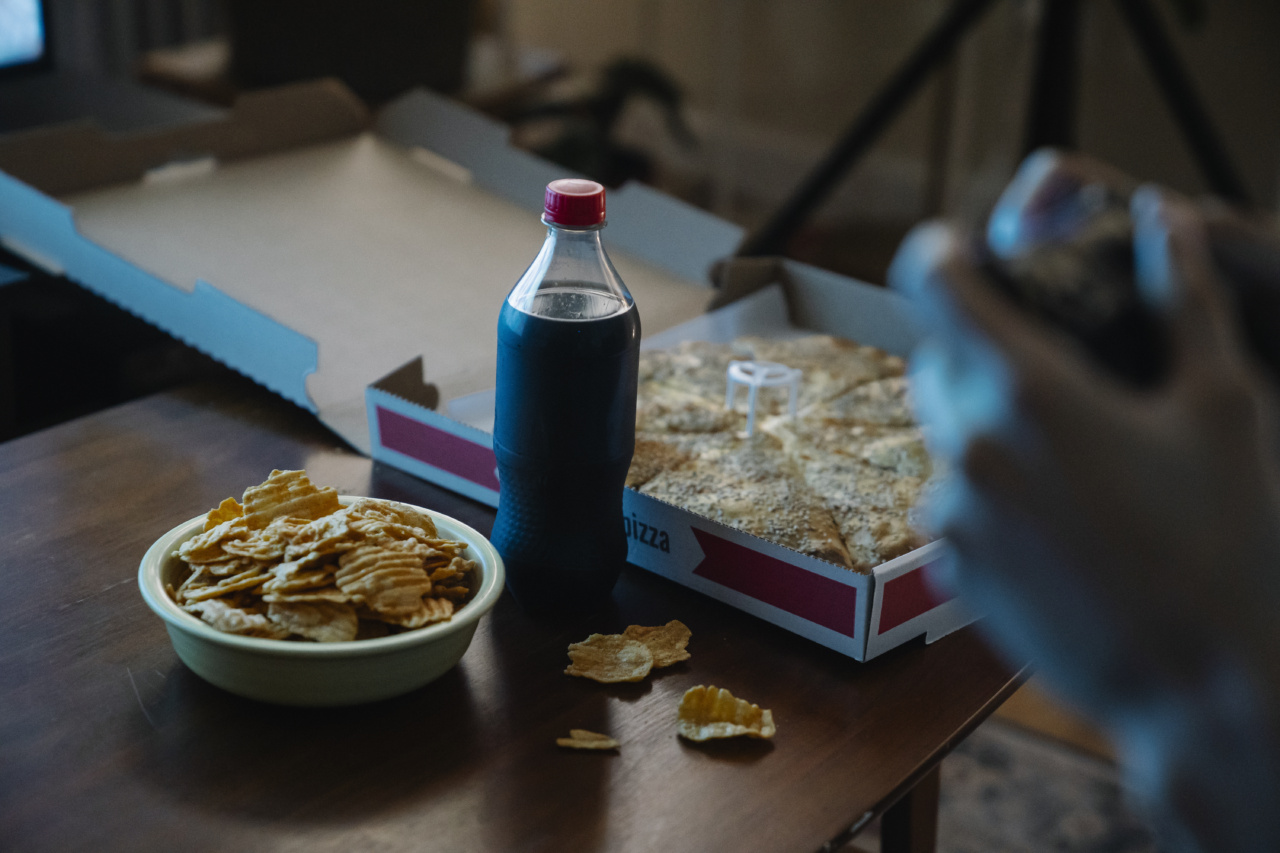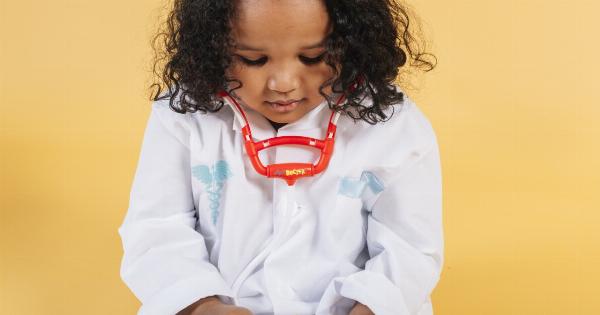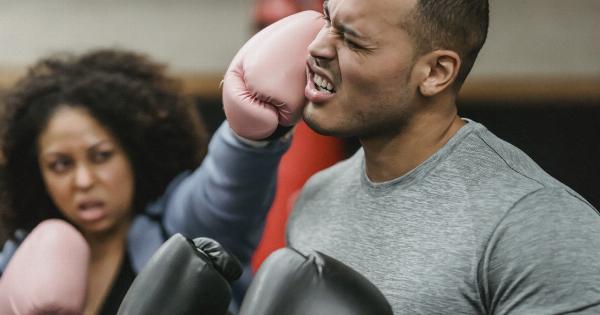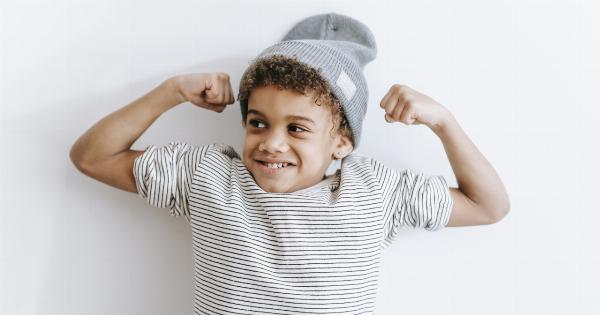Words have the power to heal and to hurt. When used with intention, words can express love and affirmation, encourage and uplift, and inspire and empower.
But when used carelessly, thoughtlessly, or with malice, words can cause deep wounds that impact our mental and emotional well-being and fracture our relationships.
Understanding the Power of Words
Words are powerful. They have the power to shape our beliefs, attitudes, and behaviors. They can inspire us to greatness or hold us back from achieving our true potential.
Whether they are spoken, written, or typed, words convey meaning and intention. They can express love, anger, fear, sadness, joy, or indifference. They can be used to build bridges or to build walls.
They can be used to encourage or to discourage, to motivate or to demotivate, to empower or to disempower.
Unfortunately, not all words are created equal. Some words are more hurtful than others. They cut deep and leave lasting scars. Verbal wounds can be just as painful as physical wounds, and they can take longer to heal.
The Impact of Verbal Abuse
Verbal abuse is a form of emotional abuse that involves the use of words to control, manipulate, or harm another person. It can take many forms, including name-calling, put-downs, insults, threats, criticism, and belittling.
Verbal abuse can have a significant impact on our mental and emotional well-being. It can damage our self-esteem, cause anxiety and depression, and contribute to feelings of helplessness and hopelessness.
It can also lead to physical symptoms, such as headaches, stomach problems, and fatigue.
Verbal abuse can also have long-term consequences for our relationships. It can erode trust and intimacy, create distance and resentment, and make it difficult to communicate openly and honestly.
The Power of Apologies
When we say something hurtful, it is important to take responsibility for our words and to apologize. A sincere apology can go a long way in repairing a relationship and healing the wounds caused by hurtful words.
Apologizing requires us to acknowledge the impact of our words on others and express remorse for our actions. It also requires us to take action to make things right and to behave differently in the future.
Apologizing is not easy. It requires humility, vulnerability, and the willingness to admit that we were wrong. But it is necessary if we want to repair the damage caused by our words and to move forward in our relationships.
The Importance of Self-Care
Verbal wounds can be painful and enduring. It is important to practice self-care to promote healing and well-being.
Self-care involves taking care of our mental, emotional, and physical health. It can include activities such as exercise, meditation, journaling, spending time with loved ones, and seeking therapy or counseling.
Self-care is not selfish. It is an essential part of maintaining our well-being and promoting our resilience in the face of adversity.
The Power of Positive Words
While hurtful words can leave lasting scars, positive words can have a transformative effect on our lives. They can inspire, uplift, and empower us.
When we use positive words, we create a more positive internal dialogue and a more positive environment. We can build stronger relationships, foster a sense of community, and promote a more inclusive and equitable society.
Positive words can also have a profound impact on our mental and emotional well-being. They can boost our self-esteem, reduce anxiety and depression, and increase our resilience in the face of challenges.
Conclusion: The Verbal Wounds That Cut Deep
Words have the power to heal and to hurt. When used with intention, words can inspire and uplift, and when used carelessly or with malice, they can cause deep wounds that impact our mental and emotional well-being and fracture our relationships.
It is important to practice mindfulness in our communication and to apologize when we say something hurtful. It is also important to practice self-care to promote healing and well-being.
And finally, we should strive to use positive words, to create a more positive internal dialogue, a more positive environment, stronger relationships, and a more inclusive and equitable society.































